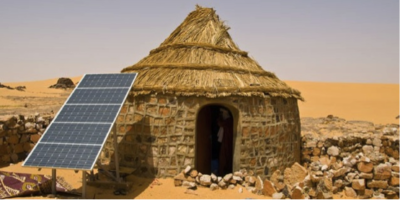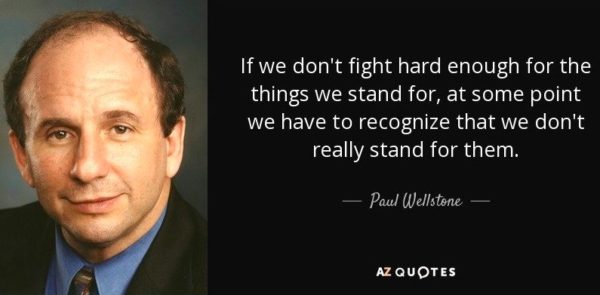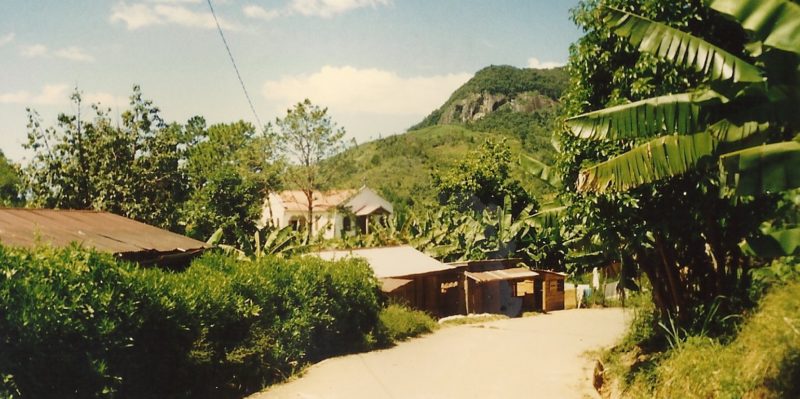One topic that was often discussed at the first intersessional meeting of UNCSD is: What is a green economy?It was discussed because one of the two major themes for Ri+20 is “How can a green economy contribute to sustainable development and poverty eradication?”(The other major theme is “Institutional Framework for Sustainable Development”). One might assume that before there can be any sort of international agreement based on that first theme, the term green economy needs to be defined.
Before I explain why, I will take a stab at one potential definition. If we can ever achieve development practices throughout our world that is sustainable, then that development would inherently occur as part of some sort of economy. If that isn’t a green economy, I don’t know what would be. Any economy that does not achieve sustainable development is not green enough to be considered a green economy. Therefore, the definition that I would use is: any economy that exists in a world where the development practices are sustainable is a green economy.
The reason green economy should be left undefined is because the question “How can a green economy contribute to sustainable development” is the wrong question to ask. The better question (after defining sustainable development) would be: How can we achieve sustainable development? Since economic activity is causing the problems we are trying to fix, then altering the economy is the only way to achieve sustainable development.
This doesn’t yet capture the entire theme. The question of this theme is not just “how can a green economy contribute to sustainable development?” Rather, it also asks about its contribution to poverty eradication. There is a built in assumption behind this theme. The assumption is that a lack of sustainable development is contributing to the existence of poverty. This may be true, but making development sustainable does not inherently decrease poverty. In order to do that, we need to focus on poverty eradicating development not just sustainable development. (they are closely related, but more precise questions produce better solutions)
This then leads us to a more specific question: How can we achieve sustainable development in a way where it leads toward the eradication of poverty? So how is this question different than the question “How can a green economy contribute to sustainable development and poverty eradication?” The difference is that the second question uses the term green economy where the first one does not. If we accept the premise that sustainable development can only occur if the economy is green, then these two questions are basically the same. If we try to answer my modified question, we will discover that there are many different ways to achieve our desired results. Therefore, there are many different economies that are both green and that also lead toward the eradication of poverty. It doesn’t really matter which economy we use, anything that works could do. (In a future blog, I will discuss some reasons for choosing one green, poverty eradicating economy over another green, poverty eradicating economy.)
Furthermore, as the world’s population changes, the green economy that we will need to use to meet our objectives will also need to change. In the mean time, anything we adopt that moves us further from our current unsustainable, poverty enabling economy is better than nothing. It’s unrealistic to think that we will solve everything by Rio in 2012. This conference should therefore be aimed at simply moving the ball forward both on putting into place the proper incentives to redirect the economy toward our new goals as well as taking the first steps toward institutional reform.
One question I did not hear discussed much at the intersessional meeting is: What is sustainable development? A vague understanding exists among most of the delegates that spoke. However, Bolivia and the Indigenous Major Group, attempted to question this understanding. My perception is that they would not be content with the state of the environment in a world that minimally meets the most unrestrictive definition of sustainable development and poverty eradication. After all, one can imagine an Aldous Huxley Brave New World scenario that is sustainable and eradicates poverty, but at what cost to the human spirit?
For this conference, I believe that Bolivia and the Indigenous Major Groups would be best advised to help advance any efforts at sustainable development even if protecting biodiversity and wilderness areas are not part of a Rio+20 agreement. But what their stances do indicate is that, just as there are many types of green economies (some being preferable to others), there are also different types of sustainable development that can have different impacts on different cultures. (this will also be a topic of a future blog entry)
In the end, as we establish a measurable target for sustainable development and poverty eradication, and we try to encourage economies that can achieve both of these goals, I believe that we will find that the easiest ways to devise that green economy is by changing our expectations of what we expect from development. The pure economics of the solutions may inherently move us closer to the Bolivian perception of the world and further from the Brave New World track.
Keep reading these blog entries. In the next couple of months, I will address the following topics:
• The role of the UNDP and UNEP in a green economy.
• The role of cheaper green technologies and resulting increased demand.
• A changing and evolving world requires a flexible economy.
• The role of biodiversity in maximizing the efficiency of local infrastructures and economies.
• Corporate sustainability reporting and the mitigation of investor risk.
• The evolution of sustainable development as a principle of international law.
• Developing an X-prize for bringing sustainable development products to market.
• WTO arbitration and its application of equity and fairness while allowing for strong environmental national policies.
• The state of a sustainable development education in our schools and universities.
• Restructuring derivative markets, insurance and re-insurance systems, and venture capital programs to achieve global sustainable development.




